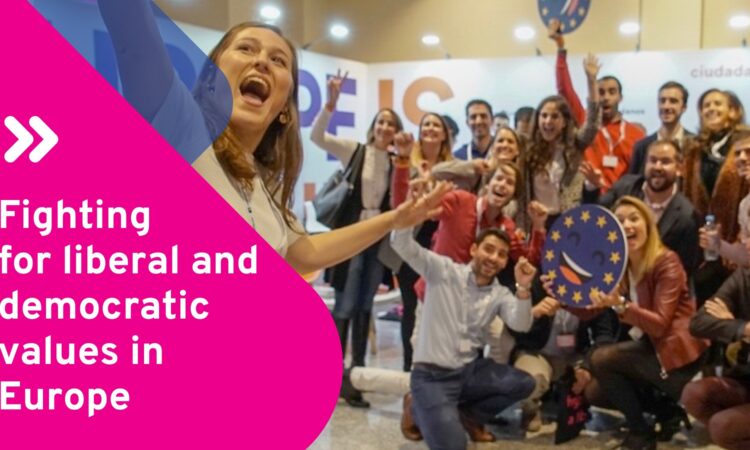
Last week, the European Parliament Committees on Budget (BUDG) and Budgetary Control (CONT) adopted the Parliament’s position on the EU Financial Regulation, containing several measures to fight corruption and strengthen the principle of making the distribution of EU funds conditional on respect for the Rule of Law.
Katalin Cseh MEP (Momentum, HU), Vice-President of Renew Europe and Renew Europe shadow rapporteur on the regulation in the Committee on Budgetary Control, said:
“The Renew Europe Group has been on the forefront of the fight to strengthen our anti-corruption framework. Although much remains to be done, there are reasons to be proud of. The EU finally has a more effective blacklist to exclude fraudulent applicants, and we have achieved more transparency in the final beneficiaries of funds.”
Moritz Körner MEP (FDP, DE), Renew Europe shadow rapporteur on the regulation in the Committee on Budgets, commented:
“Our financial rules must ensure the EU budget is transparent and stays attractive as a funding structure at the same time. Renew Europe has managed to establish this balance. Now, the budget can put values first while creating value for our citizens and our economy.”
In the negotiations, the Renew Europe Group managed to improve European anti-corruption tools to avoid the misuse of EU funds. This includes linking all use of EU funds with the rule of law conditionality mechanism and the European Charter of Fundamental Rights.
Further, the Group also ensured the creation of a compulsory EU database to track the final recipients of EU funds. Oversight at the EU level by a complete, cross-union data set is crucial to ensure that money is not lost to fraud or corruption.
Finally, another Renew Europe achievement is that EU watchdogs, such as the European Anti-Fraud Office, will be given full access to the data on final recipients of EU funds to ensure that EU money will not end up in the pockets of corrupt politicians’ cronies. Individuals or entities involved in corruption crimes will be put on a blacklist and temporarily forbidden from receiving EU funds.
Photo credit © European Union






